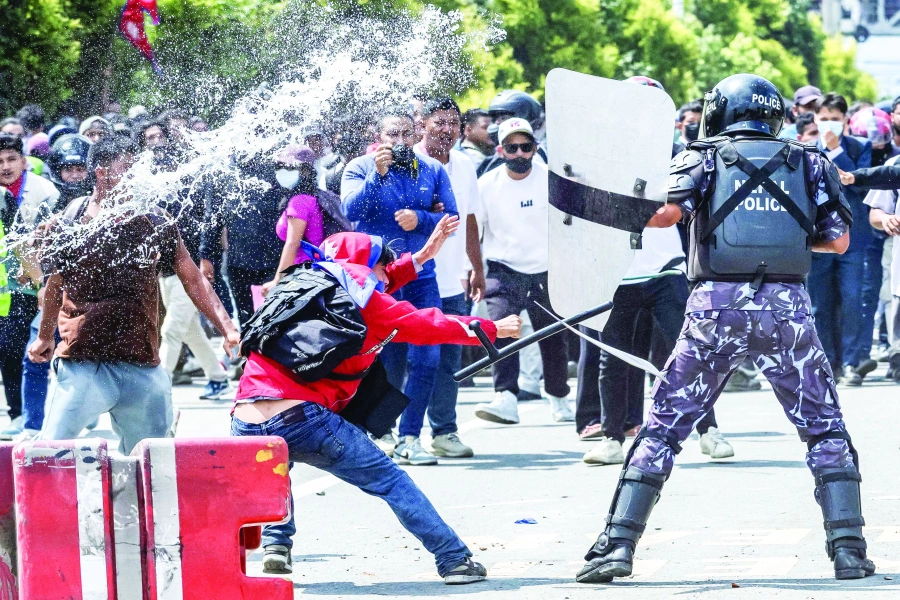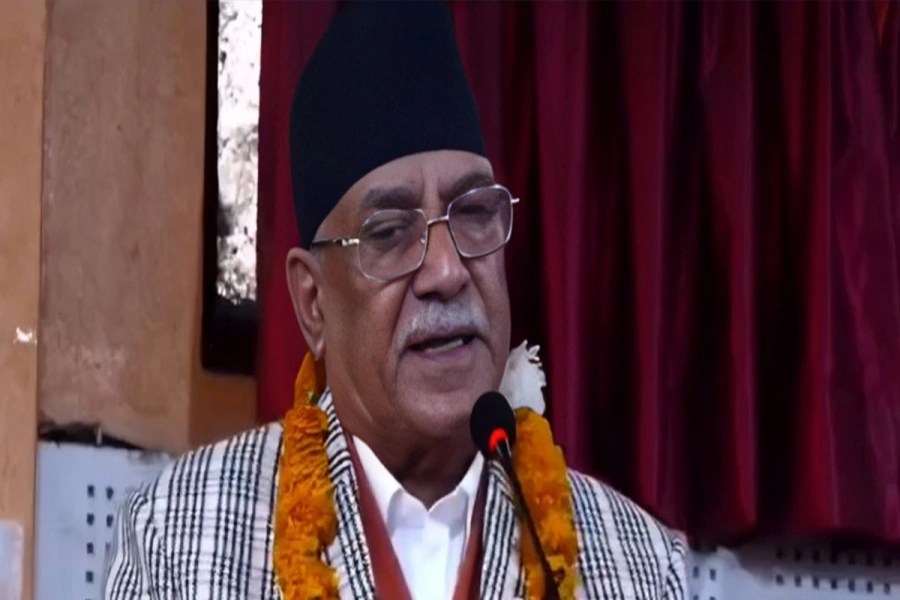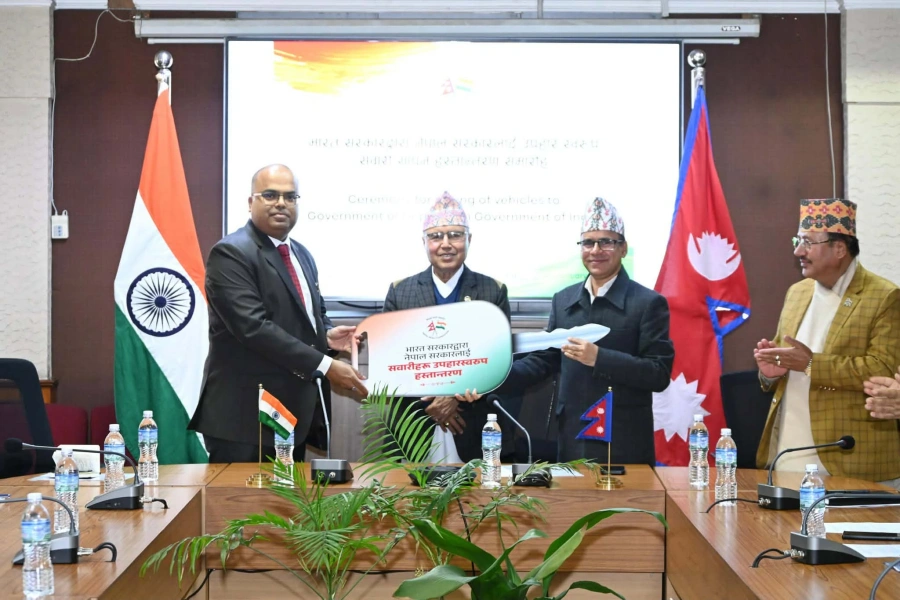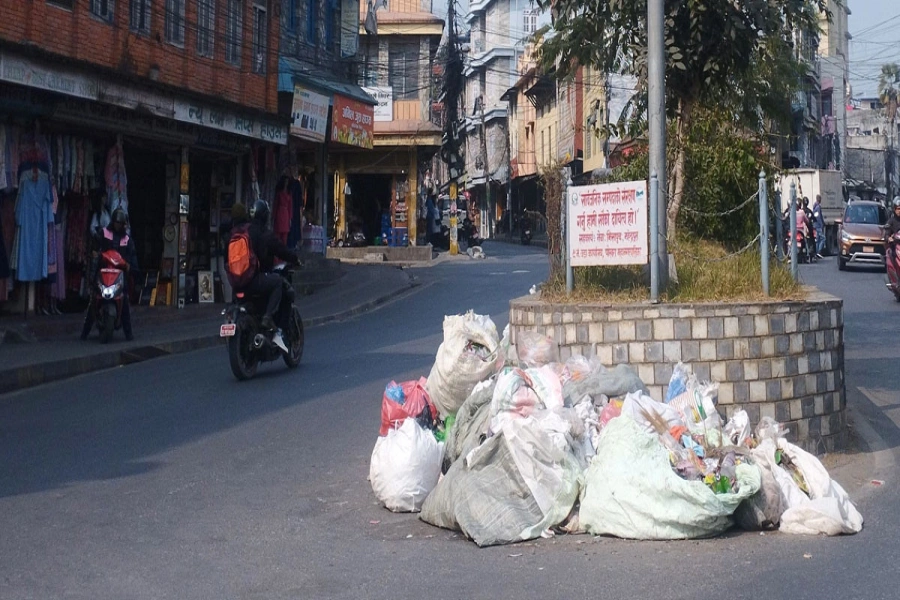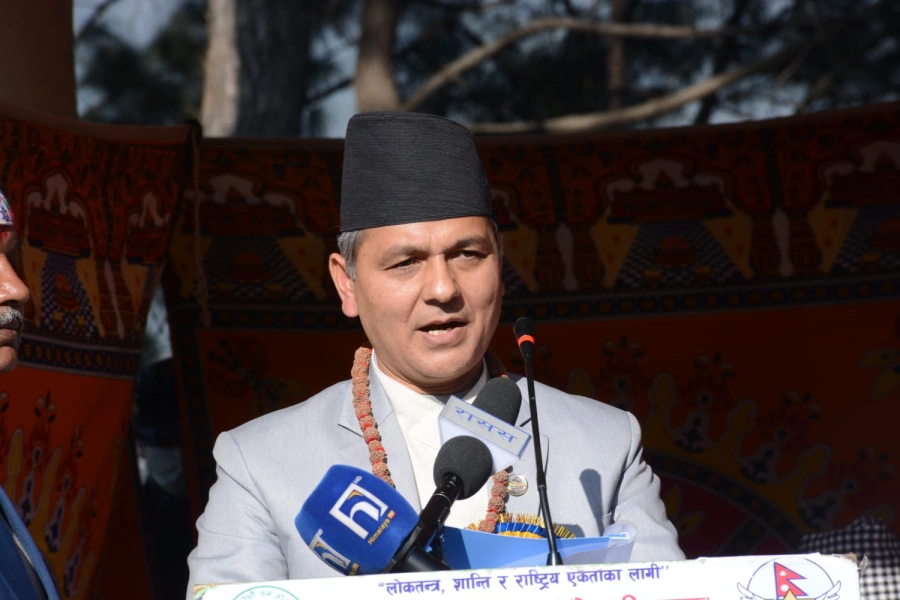Officials from Ministry of Education and Department of Education know this problem, for years. So do our parliamentarians. Some of them raise the issue in the parliament, at least to show they care for the children. But the problem persists. And it is the same story every year. Millions of students studying in state-funded public schools are deprived of access to the most basic materials they need—the text books—largely because the authorities entrusted with the task of making books available fail on this duty. As such the students of public schools across the country are likely to face shortage of textbooks this year again owing to government’s delay in publishing them. The state-owned printing house Janak Education Material Center (JEMC) and private publishers, entrusted to print the textbooks from grades one through 10, are almost sure to fail on this duty this year around as well. The new academic session is beginning from April 14 in 72 districts and from March 29 in five Himalayan districts—Humla, Jumla, Dolpa, Manang and Mustang. Text books should be distributed by March 28 to the districts and subsequently to schools by April 13. But process of printing them is either too slow or has not even begun.
Hamro Kitab: For the book-loving society

JEMC is to print a total of 22.5 million textbooks while remaining 17.5 million copies will have to be printed by private publishers. JEMC claims to be working full speed for this but private publishers have not started yet. They argue that the government should have selected private publishers before December 16 but it published notice only on December 18 calling for private publishers to apply for pre-qualification for printing textbooks. They say the government notice came too late for them to be able to accomplish their jobs on time. The likely scenario is that when the new session starts, we will be short of nearly 50 percent of textbooks that we will need. This proves gross negligence of the state toward public education system. None of the government post-2008 has been able to deliver school textbooks to students on time.
It should have been different this year. For under the federal set up local and provincial governments have been endowed with several powers related to education. Under the new constitution, even local governments are authorized to devise suitable curriculums for schools and implement them. If the local governments had taken up this responsibility seriously, and the central and provincial authorities had facilitated the process, this situation would not have arisen in the first place. The fact that schools in far-flung villages still have to look up to Kathmandu for educational materials is against the basics of federalism. Increasingly worrisome is the continued neglect by policy makers and leaders in Kathmandu to reforming our public schools—on which mostly the poor of the poor rely for education. April is still three months away. JEMC and private publishers must not be allowed to default on their basic duty. Students should not be made to wait for textbooks when they need it.





